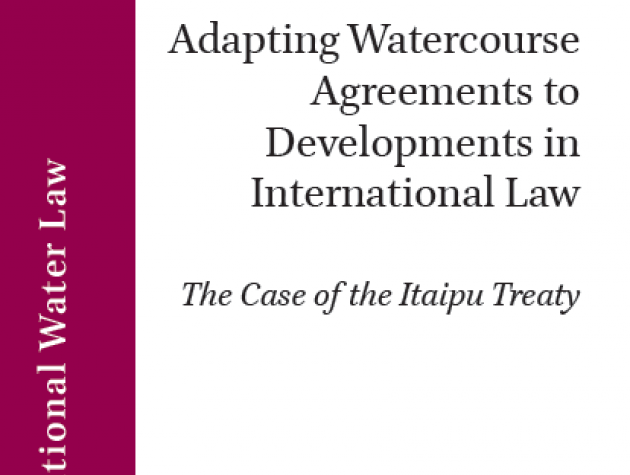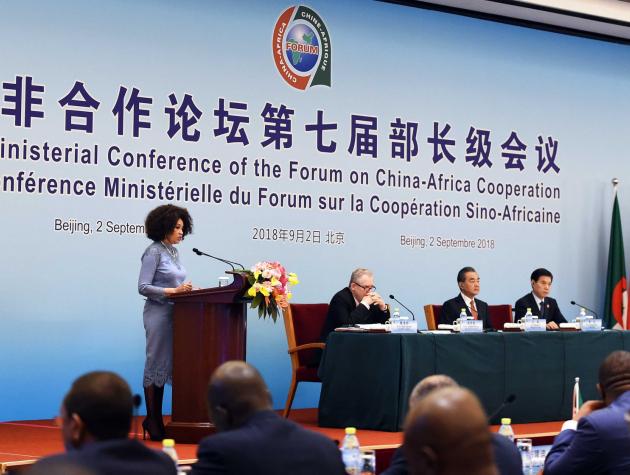Policy Brief: Rethinking ‘Development Investment’ in Nigeria’s Agricultural Land
Topics
Executive Summary
Large-scale land investment is happening all over Africa, and is particularly prevalent in Nigeria. These large-scale land acquisitions are a growing phenomenon. Often called land grabs, these acquisitions can actively harm local populations, through abuse of their rights and threatening local food systems and livelihoods. The impacts of these investments must be reviewed. In order to support real and sustainable development, the Nigerian government must confront the negative implications of this practice, and chart a new course towards agricultural investment. All parties involved in land deals can support a better process. The following four steps are positive actions that can be taken:
- The central government can impose a moratorium on land deals and investments to stem the current tide until the system can be updated;
- Investors should acquire ‘deep knowledge’ of locals’ indigenous systems and structures before making an investment in land;
- The central and local governments should insist on ‘due process’ which involves following a set of principles – valid consent, non-coercion, and recognizing the primacy of locals – in order to ensure land acquisitions are legitimate;
- The central and local governments should plot new policy directions in agricultural development over the long term to strike a better ‘balance’ between the competing needs of local landholders and land investors.






